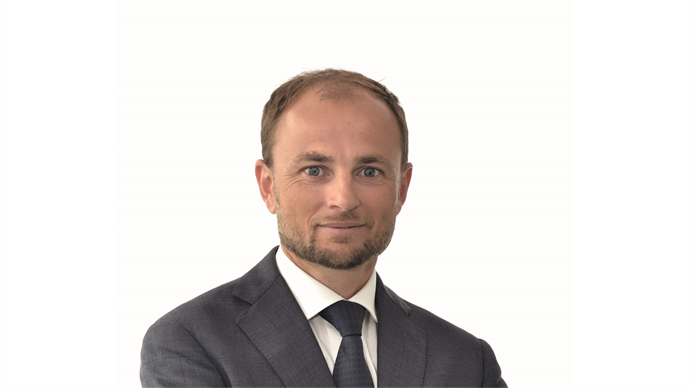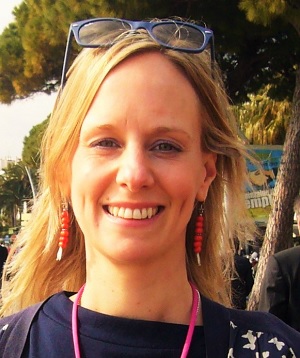Armed with senior promotions to broaden its reach in the UK and Continental Europe, the firm is eyeing expansion on all fronts.
INTERVIEW: Segro seeks granular growth opportunities
- In Magazine highlights
- 10:00, 28 September 2023
Premium subscriber content – please log in to read more or take a free trial.
Events
Latest news
Best read stories
-

Investis expands Swiss resi portfolio with €149m acquisition
- 20-Dec-2024
Swiss real estate group Investis has boosted its real estate holdings with the CHF 139 mln (€149 mln) purchase of prime residential properties in Vaud canton.
-

-
- 23-Dec-2024
Indurent gets green light for Staffordshire shed

-
- 20-Dec-2024
Deka snaps up Paris office building for €89m

-
- 23-Dec-2024
NBIM snaps up 80% stake in Trinity office tower






























